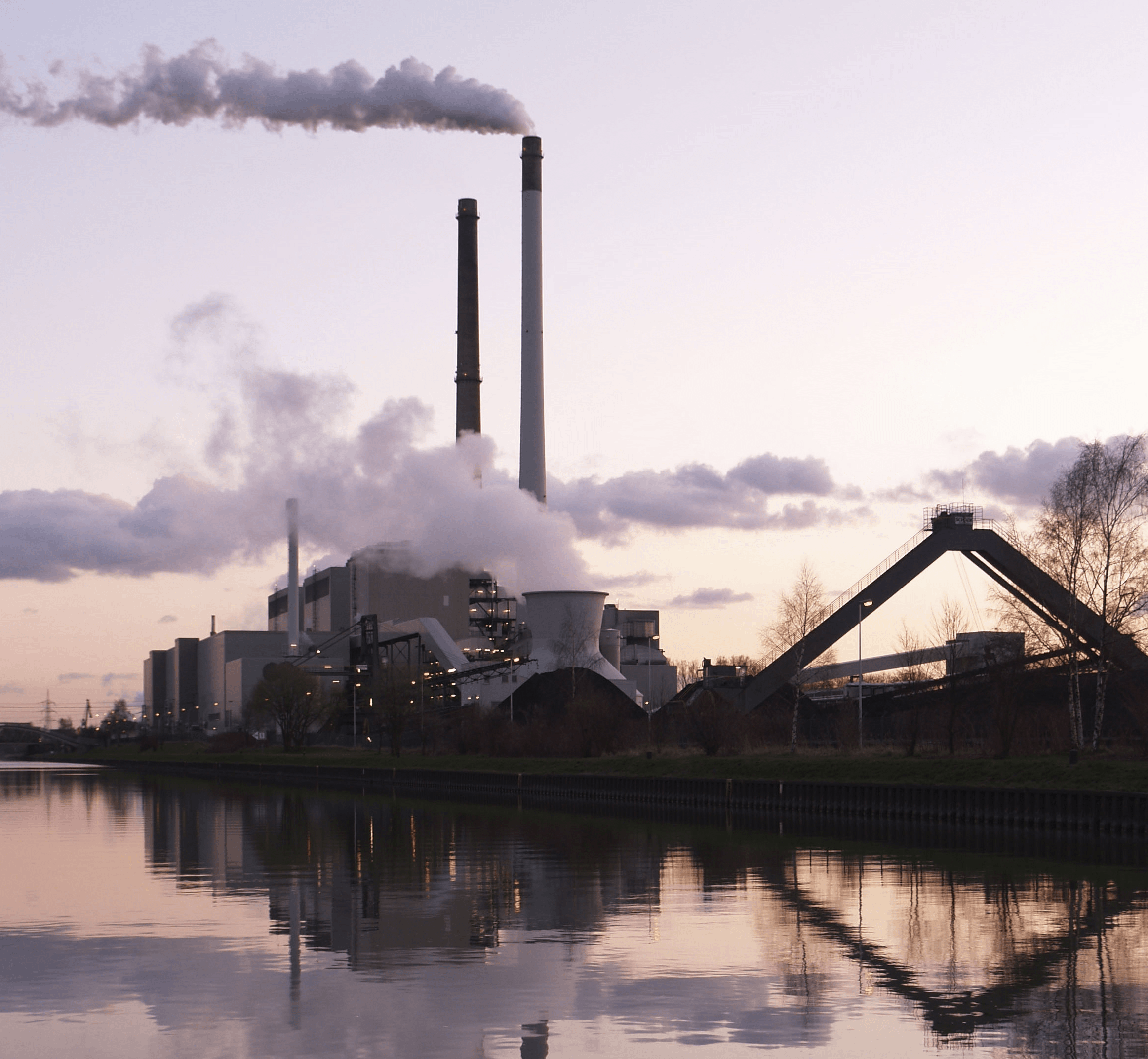
On Coal and Steel: Not Everything is a National Security Threat
In a growing and disturbing trend, the Trump Administration is using “national security” in arguments as a way to legally justify actions, like keeping open failing coal power plants or blocking imports of steel, that would be outside the President’s power to do so otherwise.
The Constitution and the courts have historically allowed the President broad leeway when it comes to national security. Likewise, Congress has written national security exemptions into many laws, allowing the President to take action fast than Congress could.
To take advantage of those exemptions, the Trump Administration is arguing that our national security is threatened by coal power plant closures – even if there is no threat to the ability of the electricity grid to provide affordable, available electricity – and that imports of steel and aluminum – even from allies like Canada and Japan – are harmful to national security.
On the coal proposal, the White House wants to use the Defense Production Act (DPA) to preempt retirements of coal and nuclear power. The DPA gives the President broad authority to control the economy – modeled after the controls put in place during World War 2. Previous presidents have used the DPA for specific national security outcomes (microchips for missiles, MRAP vehicles, biofuels for the navy), but you would have to go back to Truman’s attempt to nationalize the steel industry in 1952 to see an attempt this brazen at asserting national security as a justification for broad intervention into the economy.
The Administration claims that coal and nuclear power plants are somehow “Fuel Secure” – and so are therefore more valuable to the electric grid. That is a tortured argument, to say the least. The is no argument that keeping coal power plants from shutting down would be a national security imperative. On the contrary, perhaps the U.S. should save its dirtiest fossil resources for use only in the case of a national emergency – not burn them into the atmosphere when we have cleaner alternatives.
Unfortunately, there are real national security concerns about the electric grid – from cyber attacks, from extreme weather, and others. We shouldn’t let these fake cries of “national security” distract us from preparing for those.
On trade, the arguments are even more tortured. Somehow, it is a threat to national security to import steel and aluminum from our allies? Somehow imported cars from Japan, Germany, and Mexico threaten our security? This argument is so extreme that it should be obvious. The Section 232 tariffs were put in place as a means to safeguard key national security industries from being decimated by unfair foreign competition. That is not the case with steel or aluminum: our defense industrial base has enough of these metals to secure our country.
The key point for this Administration, however, is that they are one of the few ways that the President, without action from Congress or from multilateral trade partners, that the President can unilaterally impose tariffs on his own. As we know, under the Constitution, Congress is expressly given the power to “lay and collect Taxes, Duties, Imposts and Excises.” But, they have delegated a national security exemption to the President. If leaders in Congress wanted to stop this abuse, with a simple act of Congress, they could withdraw that exemption.
With both of these, there’s an element where the White House has a predetermined outcome in mind (“bring me my tariffs!” or “Trump Digs Coal“) and the White House staff went looking for something that they could do without having to actually convince anyone.
But that’s not to say that they don’t believe their own rhetoric. Whenever I talk with people in the administration about trade, they always point to the National Security Strategy, saying that “Economic Prosperity is National Security.” And Trump certainly believes, in his Mercantilist view of global affairs, that the point of trade is to amass money that you can then use to accumulate power. Its fundamentally flawed, and overlooks every aspect of economic theory dating back to Adam Smith.
Fundamentally, if the President wants to save coal power plants and raise new tariffs on imports, he shouldn’t torture “national security” – he should go to Congress and make his case, and then get them to pass a law. That is what the Constitution proscribes. Only then we would see if there’s any actual popular support for these measures.





